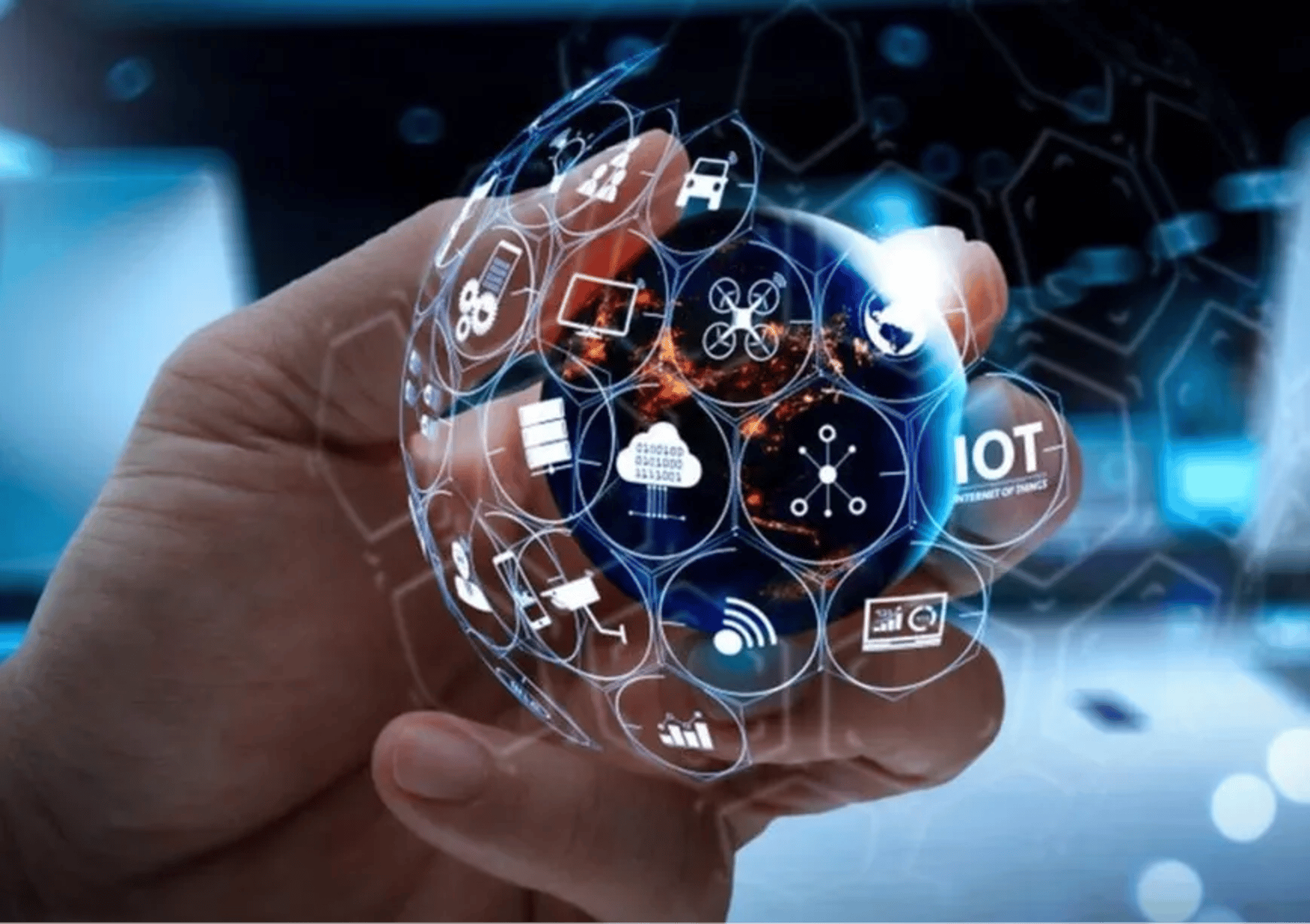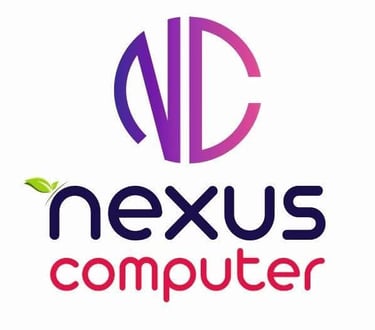The Future is Now: Exploring Upcoming Technologies in Depth
Exploring Upcoming Technologies in Depth
Nexus Computer
4/23/20254 min read

As we stand on the brink of a new era in technology, it's exhilarating to see the innovations that are set to transform our world. From advancements in artificial intelligence to breakthroughs in quantum computing, the future promises to be shaped by remarkable technologies that will redefine industries and our daily lives. Let's delve into some of the most anticipated upcoming technologies and their potential impacts.
1. Quantum Computing: Revolutionizing Problem-Solving
Quantum computing is one of the most exciting and transformative technologies on the horizon. Unlike classical computers, which use bits to process information, quantum computers use qubits, allowing them to perform complex calculations at unprecedented speeds.
Potential Impacts:
Drug Discovery and Healthcare: Quantum computing can simulate molecular structures and interactions at a level of detail that classical computers can't, potentially leading to faster drug discoveries and personalized medicine.
Cryptography: While quantum computing poses a threat to traditional encryption methods, it also promises to create virtually unbreakable encryption, enhancing cybersecurity.
Optimization Problems: From logistics and supply chain management to financial modeling, quantum computing can solve optimization problems more efficiently, saving time and resources.
2. Artificial Intelligence and Machine Learning: Smarter and More Integrated
Artificial Intelligence (AI) and Machine Learning (ML) continue to advance, becoming more integrated into various aspects of life and work. These technologies are evolving to become more autonomous, accurate, and capable of learning with minimal human intervention.
Potential Impacts:
Healthcare: AI-powered diagnostic tools can analyze medical images and data to detect diseases earlier and with greater accuracy. AI can also personalize treatment plans based on individual patient data.
Autonomous Vehicles: Self-driving cars and drones are becoming more sophisticated, promising to reduce accidents, improve traffic flow, and enhance delivery services.
Customer Service: AI-driven chatbots and virtual assistants are improving in natural language processing, making them more effective at handling customer inquiries and providing personalized support.
3. Extended Reality (XR): Beyond Virtual and Augmented Realities
Extended Reality (XR), which encompasses Virtual Reality (VR), Augmented Reality (AR), and Mixed Reality (MR), is set to create more immersive and interactive experiences across various fields.
Potential Impacts:
Education and Training: XR can provide immersive training simulations for fields such as medicine, engineering, and the military, allowing for hands-on experience without real-world risks.
Entertainment: The entertainment industry is exploring XR to create more engaging and interactive experiences in gaming, movies, and live events.
Remote Work: XR can enhance remote collaboration by creating virtual workspaces where teams can interact as if they were physically present together.
4. 5G and Beyond: Faster, More Reliable Connectivity
The rollout of 5G networks is already underway, promising faster and more reliable internet connections. Beyond 5G, research is ongoing into 6G and other advanced networking technologies.
Potential Impacts:
Internet of Things (IoT): With higher bandwidth and lower latency, 5G will enable more devices to connect seamlessly, enhancing smart homes, cities, and industries.
Telemedicine: 5G can support high-quality video consultations and remote surgeries, making healthcare more accessible and efficient.
Autonomous Systems: Improved connectivity will boost the performance of autonomous vehicles, drones, and industrial robots, making them more reliable and effective.
5. Biotechnology and Genetic Engineering: Editing Life Itself
Biotechnology and genetic engineering are pushing the boundaries of what we can achieve in healthcare, agriculture, and beyond. CRISPR and other gene-editing technologies are at the forefront of this revolution.
Potential Impacts:
Disease Treatment and Prevention: Gene editing can potentially cure genetic disorders and enhance our ability to fight diseases like cancer and HIV.
Agriculture: Genetically modified crops can be engineered to be more resilient to pests, diseases, and climate change, ensuring food security.
Synthetic Biology: Creating artificial organisms or reprogramming existing ones opens new possibilities in bio-manufacturing and environmental conservation.
6. Renewable Energy and Sustainability: Powering a Greener Future
The transition to renewable energy sources and sustainable practices is critical in combating climate change and ensuring a sustainable future.
Potential Impacts:
Solar and Wind Power: Advances in solar panels and wind turbines are making renewable energy more efficient and affordable, reducing our reliance on fossil fuels.
Energy Storage: Improved battery technologies and innovative storage solutions like hydrogen fuel cells will enhance the reliability and scalability of renewable energy.
Circular Economy: Technologies that promote recycling and the reuse of materials will minimize waste and resource consumption, fostering sustainable growth.
7. Biotechnology and Genetic Engineering: Editing Life Itself
Biotechnology and genetic engineering are at the forefront of medical and agricultural innovation. CRISPR and other gene-editing technologies are revolutionizing our ability to modify living organisms.
Potential Impacts:
Healthcare: Gene editing holds the promise of curing genetic diseases, improving treatments for various conditions, and even extending human lifespan.
Agriculture: Genetically modified crops can be engineered for higher yields, pest resistance, and climate resilience, enhancing food security.
Environmental Conservation: Biotechnology can be used to create organisms that help clean up pollution, combat climate change, and preserve biodiversity.
8. Advanced Robotics: Automating the Future
Robotics technology is advancing rapidly, with robots becoming more autonomous, intelligent, and capable of performing complex tasks.
Potential Impacts:
Manufacturing: Advanced robots can work alongside humans, improving efficiency, safety, and precision in manufacturing processes.
Healthcare: Robotic surgery, rehabilitation robots, and robotic assistants can enhance patient care and improve outcomes.
Service Industry: Robots are being deployed in roles such as delivery, cleaning, and customer service, transforming how these services are provided.
Final Thoughts
The upcoming technologies of 2024 and beyond are set to revolutionize various aspects of our lives, from healthcare and education to entertainment and sustainability. As these technologies continue to evolve, they will undoubtedly present new opportunities and challenges. Staying informed and prepared for these changes is crucial as we navigate this exciting technological frontier. The future is not just something to anticipate—it's something we're actively building, one innovation at a time.
Contact us
Whether you have a request, a query, or want to work with us, use the form below to get in touch with our team.

Location
1st Floor, Over Arohi Misthan Bhandar Beside Tara Kunj Complex Khelgaon, Chowk, Deepatoli, Jai Prakash Nagar, Ranchi, Jharkhand 834009
Hours
MON-SAT 10:30 AM-08:00 PM
Sunday Closed
Contacts
Office: 0651 4502456
Mobile: 09431774715, 09905192991
support@mynexuscomputer.com


